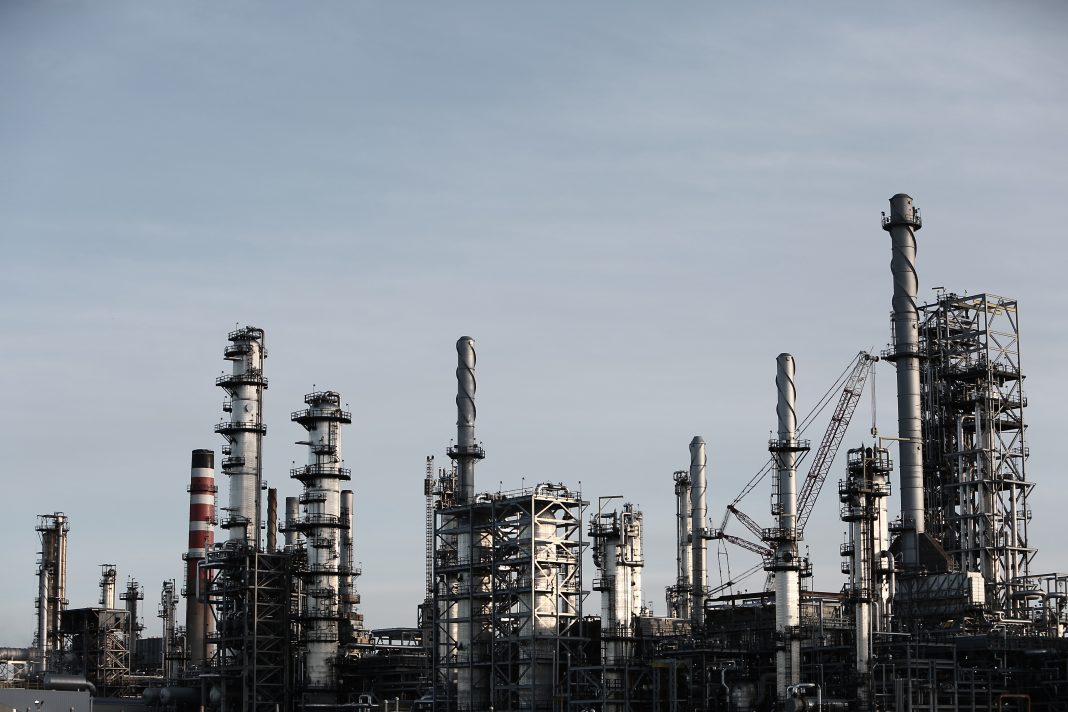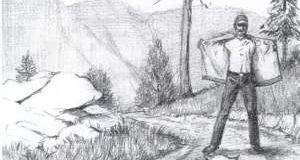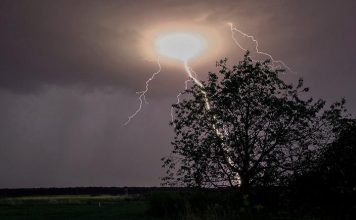 |
|
| Issue #152 • March/April, 2015 |
Last issue I concluded The Last Word saying I’d “… talk about the myth of oil destroying the environment.” But between issues I thought about it and realized I should be writing about all fuels that power modern society, including fossil and nuclear, because not only are they not destroying the environment, but we’d be much worse off without them.
Historically, wherever fossil fuels (and their nuclear counterparts) have been used, the standard of living has risen and life expectancy has been extended. In countries where fossil (and nuclear) fuel consumption per capita is lowest, the standard of living is generally the lowest. In fact, if you saw a table with nothing but per capita fossil fuel consumption, you could fairly accurately assess the country’s standard of living and life expectancy by reading it backward. That is, the countries using the most fossil fuels per capita have the cleanest cities and the longest life spans; those with the lowest consumption would have the shortest life spans and dirtiest cities.
How fossil fuels have changed the United States
From the founding of the United States to about the time of the Civil War, around 90% of Americans still lived and worked on farms and ranches. By 1920, that figure had dropped to 30%. Today, it’s about 2%, with another 15% employed to get the food and fibers grown to consumers. Not only does that 2% feed the nation, but they have made us the world’s biggest exporter of food. In the meantime, life spans of Americans have increased. Males born in 1850 could expect to live 38.3 years, females 40.5. In 1920 it was 56.3 and 58.5. Today it’s 76.3 and 81.1.
These radical changes came about because fossil fuels, first coal and later petroleum and natural gas, mechanized farms and built and powered the railroads that moved goods to markets. Eventually trucks, cars, planes, and the rest came along to move goods and people. All the result of fossil fuels.
Fossil fuels released people from the farms to work in the medical fields, education, science, and industry. Do you like clean water? It’s not free. Want your poop tunneled out of your house to a sewage treatment plant that you don’t even know exists? Costs money. Modern conveniences that make our lives better became universal because of fossil fuels.
If you think cities are dirty since the invention of the internal combustion engine and the vehicles they power, they were dirtier before because streets were largely unpaved, muddy in the winter and dusty in the summer, covered with horse manure, filled with flies in the warm weather, and generally unhealthy.
But that’s not all. Do you like that Ford F-150 in your driveway? Your laptop computer and connection to Facebook? How about your PS3 game player? Your flatscreen TV? Refrigerator? Shower? Central heating? Even your toilet. Without the wealth created by consuming fossil fuels, you wouldn’t have any of these. You’d be going to bed early tonight so you could work the fields tomorrow. Oh, and you might have to get up in the middle of the night to feed the fire so’s to keep your house warm. And one of those nights you’re going to slip on the ice on your way to the outhouse in the dark. Good luck.
Today, we have a nostalgic view of life on 19th century farms. But the fact is, before fossil fuels, life was harder and people didn’t live long. Cheap, affordable, and dependable fossil fuels have changed all that.
The small, self-reliant homestead many of our readers have gone to today are much more efficient than the farms of “the good ole days” because they can rely on the technologies provided by fossil fuels in more ways than most of us think about.
Trade-offs
Are there problems with fossil fuels? Of course there are. There are spills (which are localized), smog (which is diminishing because of improved technologies), “greenhouse gases” (which, contrary to leftist thinking, may not be appreciably warming the world and, if they are, they may benefit humanity with longer growing seasons and more plant food, i.e., CO2). Life is a series of trade-offs and, on the whole, fossil fuels have given us much more than they’ve taken away.
One day, alternative energy may power the game, but until it proves to be more economical and reliable, fossil fuels are going to keep our country clean, keep us connected, feed us, and keep those who consume them generally healthier than the human race has been in all of its previous history.














